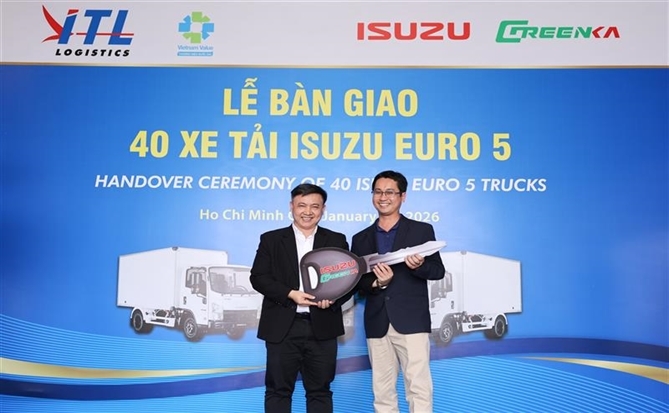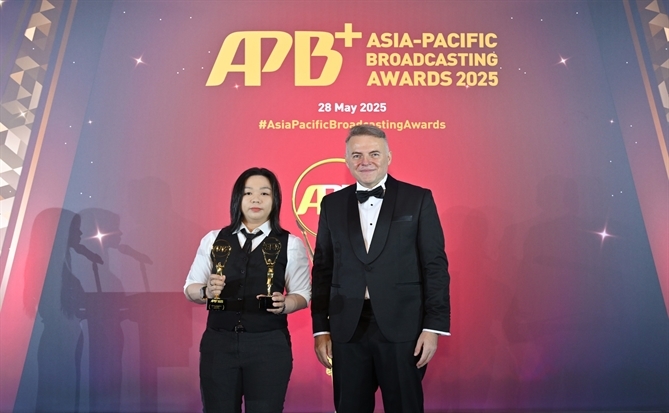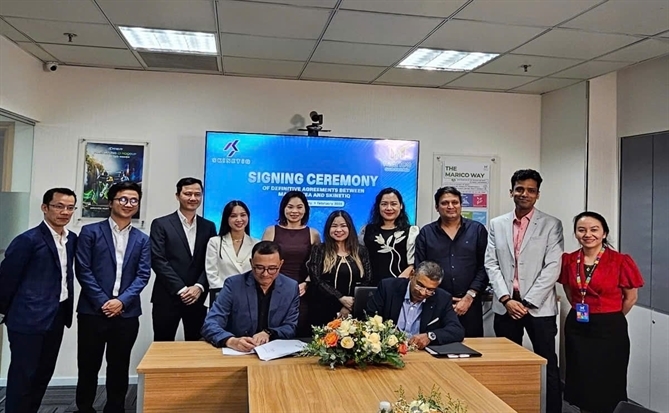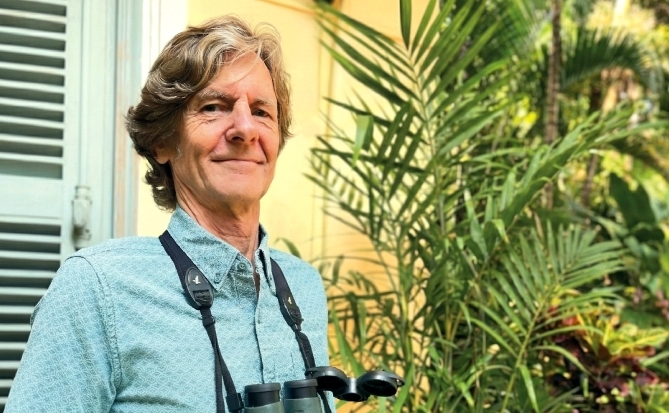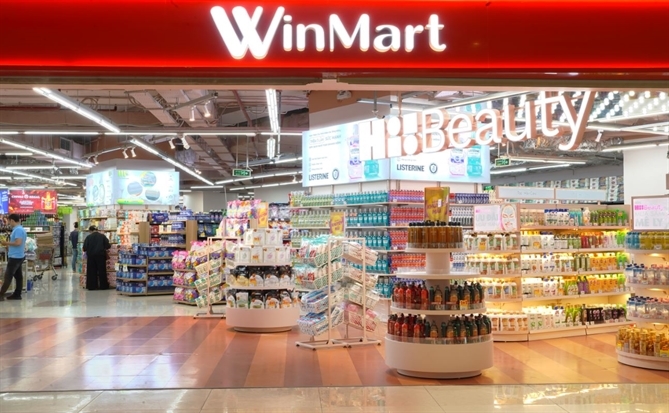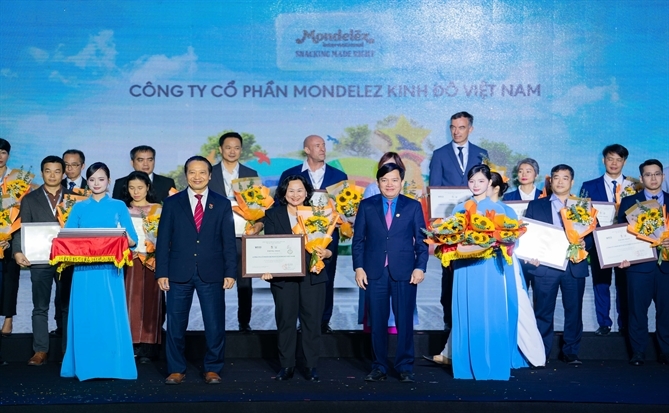Japan ramen chain Hachi-Ban to expand in Thailand, Vietnam
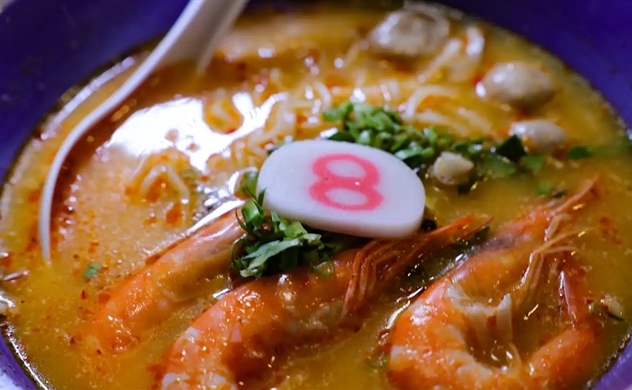
Hachi-Ban, a Japanese restaurant operator, will bring a new plant online in Thailand and resume restaurant openings in Vietnam. Photo by Ken Kobayashi.
The company, based in Kanazawa, in central Japan, will bring a new plant online in Thailand and resume restaurant openings in Vietnam.
Hachi-Ban, which already has more outlets in Southeast Asia than in its home market, will aim for further growth in the region. In Thailand, Hachi-Ban will open its second plant in the country in September. The company will establish an ingredient supply chain with the aim of expanding the number of restaurants in the country by 70% to 250. The company currently has 159 restaurants in Southeast Asia, compared with 115 restaurants in Japan.
Hachi-Ban was founded in Kaga, a city in Ishikawa prefecture, in 1967. Hachiban ramen was named after National Route 8, the highway along which the company's first ramen shop opened.
Hachi-Ban's signature product is ramen topped with sauteed vegetables. The noodle dish is considered comfort food in the Hokuriku region where the company is headquartered.
The company's expansion into Southeast Asia was accidental. When a Thai textile company traveled on business to the Hokuriku region and tried Hachiban ramen, he was impressed -- so much so that the entrepreneur signed a franchise agreement with Hachi-Ban and opened the first overseas Hachiban restaurant in Bangkok in 1992.
Since it began its overseas foray, Hachi-Ban has made Thais, rather than Japanese expats, its main target market. It makes ramen from local ingredients in Thailand.
The company's central kitchen is key to maintaining the taste and pricing that Thai customers desire. Hachi-Ban beefed up its central kitchen in Thailand in 2006 and set up a distribution center in 2019 to serve as its logistics hub.
Hachi-Ban's second central kitchen will go online in the suburbs of Bangkok in September. It will have a floor space of 5,000 sq. meters, roughly the same size as the first. Hachi-Ban will also expand its noodle and gyoza dumpling production lines and move forward with automation, introducing state-of-the-art food processing equipment.
After enhancing its supply chain, the company will expand operations across Thailand. At present, 70% of its Thai restaurants are in the Bangkok metropolitan area. The company is now setting its sights on smaller cities, which are seeing strong economic growth. It aims to increase the number of shops nationwide by around 10 a year.
Hachi-Ban also kicked off full-scale openings of new restaurants in Vietnam this spring. After opening its first Vietnamese restaurant in Ho Chi Minh City in 2019, Hachi-Ban put additional openings in the country on hold due to COVID-19.
The company opened its second restaurant in the southern Vietnamese city in April. It plans to open one more restaurant in Vietnam by the end of the year. It has set a near-term target of increasing the number of outlets in the country to 50.
Despite its hefty presence in Southeast Asia, Hachi-Ban has no restaurants in Tokyo. Hachiban ramen is popular in Southeast Asia thanks to its low price and flavors tailored to local eating habits, according to the company's managing director, Yoshinori Yoshimura.
For example, although Hachiban ramen broth served in Japan is made from a combination of pork and chicken, in Thailand the broth is pork-based, while Vietnam's is made from chicken.
In cooperation with local partners, Hachi-Ban is focused on creating menu items exclusively for Southeast Asia. The bestselling Hachiban product in Thailand is Tom Yum Kung ramen. It is priced at 118 baht (480 yen). Its soup contains chili pepper, fish and shellfish, such as shrimp. Kamoni ramen, which contains stewed duck and was developed for young people who like meat, is also a hit. Local menu items account for 30% of the product lineup and half the sales in the region, undergirding its popularity.
In the 31 years since Hachi-Ban opened its first Thai restaurant, the chain has become such an institution that many people in Thailand think it is a local ramen chain. Thais who travel to Japan are sometimes surprised to see Hachiban restaurants if they visit Hokuriku.
Source: Nikkei Asia

 TIẾNG VIỆT
TIẾNG VIỆT 
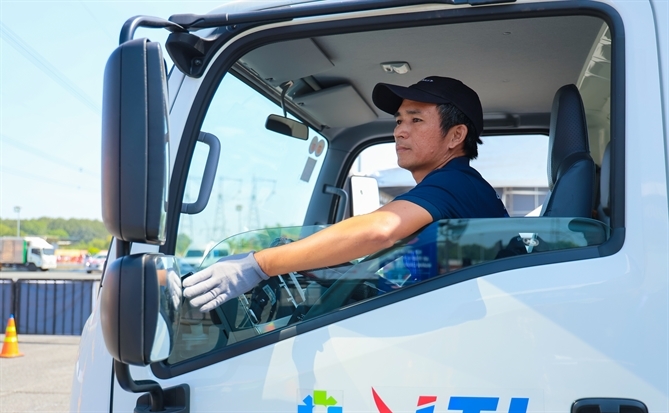
_131447820.png)

